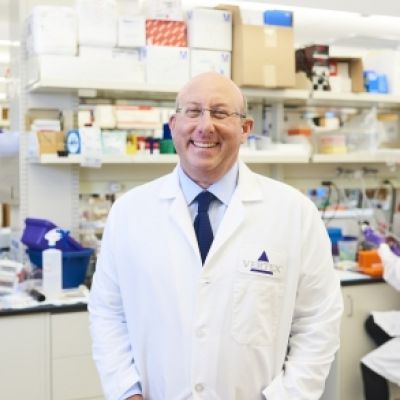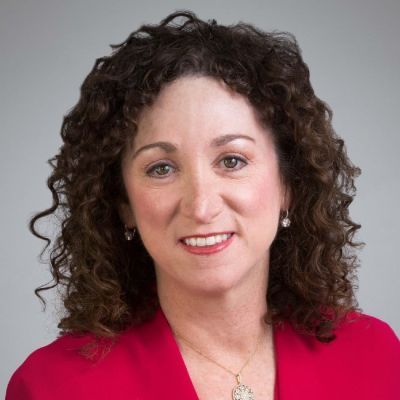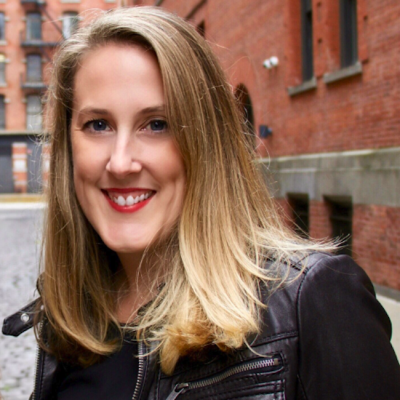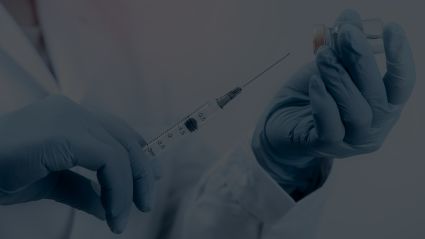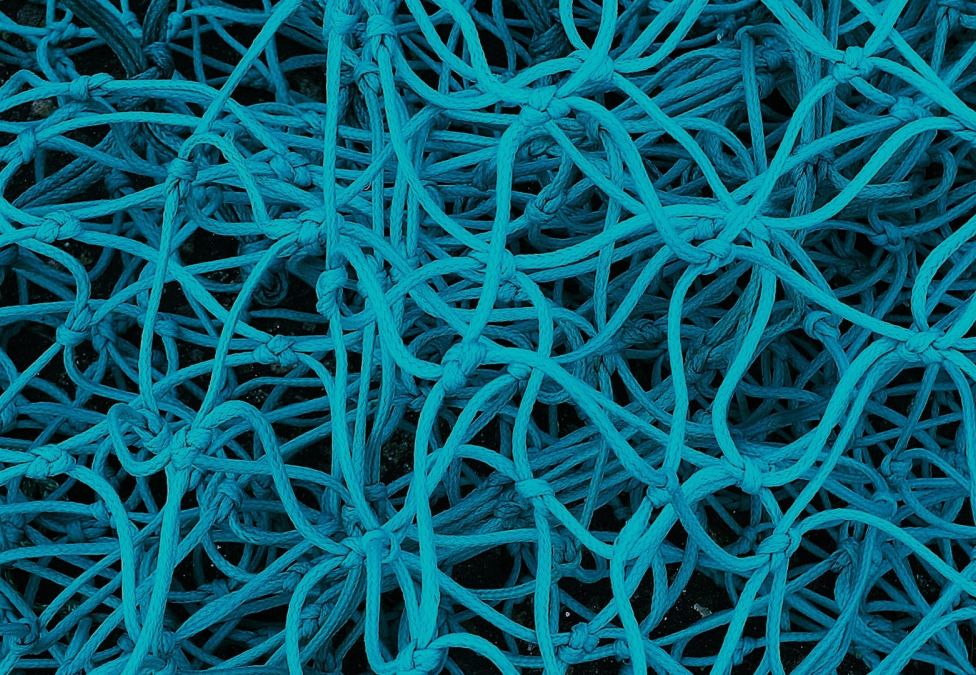
In late February, I was rounding the corner on my last month as CEO of Vertex. I couldn’t imagine then that in my last few weeks on the job, when the severity of the COVID-19 pandemic started to become clear, we would have to make some of the most difficult decisions in my 10 years at the company. Never in my life have I had to tell so many people over and over again, “We don’t know all the answers right now, but we need to make a decision based on the data that’s available today.” But even in the short period of time since the outbreak has taken hold in the US, we at Vertex have learned some valuable lessons that will not only help us in our continued response, but also equip us with the tools we need to weather other business crises in the future. We’ve also gained some important new skills that will allow us to work together more effectively when the outbreak subsides.
In facing the crisis, we were determined to evaluate, act, and communicate based on science, data, and thoughtful policy approaches, not gut reactions nor what people wanted to hear or what others were saying. It’s these factors, as well as our deeply rooted empathy for those who are at particular risk from the virus, that drove our decisions at Vertex; this is what has helped us keep each other, and the patients we serve, safe.
Early in the outbreak, we assembled a cross-functional COVID-19 task force led by our chief scientific officer, chief human resources officer, and chief financial officer. This group meets daily—sometimes twice a day—to evaluate the latest data on the outbreak, develop policies, and implement business continuity plans. They balance three priorities: 1) protect the health and safety of our employees and their families; 2) maintain our commitments to patients, particularly through the continued supply of our medicines; and 3) support the communities in which we live and work. As we make decisions, we communicate them frequently and transparently to our employees, patients, and communities by email, video, and all-employee webchats.
In facing the crisis, we were determined to evaluate, act, and communicate based on science, data, and thoughtful policy approaches, not gut reactions nor what people wanted to hear or what others were saying.
Because we had an early understanding of the contagiousness of the virus, we were one of the first companies to restrict travel, cancel all large gatherings and attendance at external meetings, and implement a swift yet thoughtful plan to reduce density at our offices and labs. This proactive approach—informed by the data from the outbreak and the science behind physical distancing—has allowed us to protect employees while they continue to deliver on our mission. I continue to be truly amazed by how our employees are responding with resilience, innovation, and flexibility to these highly unusual circumstances.
Second, although we couldn’t have foreseen a pandemic, we had already put robust business continuity plans in place. Ensuring the health and safety of our patients during this time has been paramount—particularly through the uninterrupted supply of our medicines. Because people with cystic fibrosis have underlying lung disease, they’re particularly vulnerable to this virus, and it’s important for them to continue taking their medications. Long before this crisis, we deliberately built our supply chain in such a way that we have ample inventory on hand, and we’re confident we’ll maintain supply well into 2021. Our manufacturing facilities have also remained operational and continue to produce a new supply of medicines.
Finally, in addition to taking care of our employees and patients, we knew we had a responsibility to contribute to the broader response and, eventually, to recovery efforts. As a major employer in Boston and other cities around the world, we wanted to help meet the most pressing needs in our communities. Through the Vertex Foundation, we’ve committed $5 million to support global COVID-19 relief efforts in 2020. These funds will help organizations that are providing emergency relief and assistance, including food, medicines, and personal protective equipment, both for health-care workers and for the most vulnerable populations in Boston, San Diego, and communities across Europe where we operate.
It has been a challenging couple of months for us at Vertex and for everyone around the world, and even today, the full impact of this pandemic has not yet been felt. But I am confident we will get through it together. As a scientific and medical community, we have a long history of using innovation to conquer problems that once seemed insurmountable. This virus, too, will soon be conquered.
